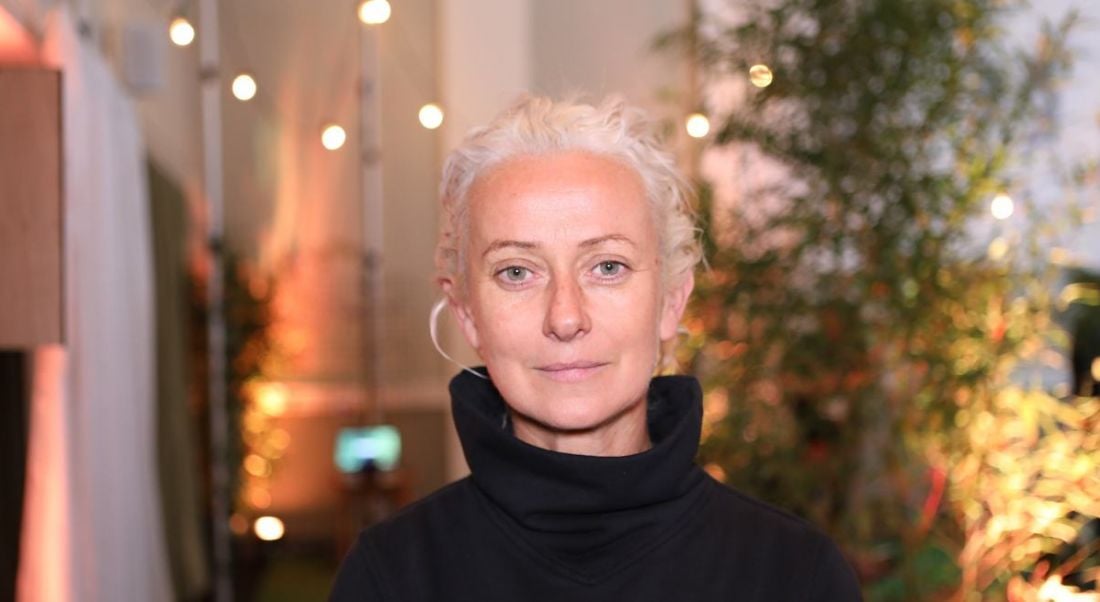At a recent showcase, Accenture teams from The Dock demonstrated how AI technologies are being used to augment human performance.
To mark the 75th anniversary of Prof Erwin Schrödinger’s seminal ‘What is Life?’ series of lectures at Trinity College Dublin, a gathering of scientists and academics descended upon the National Concert Hall to explore the future of biology.
Over three-quarters of a century, life and biology have seen significant changes, and the prospect of technology-enhanced, augmented humans in the workplace is something forward-thinking innovators are already dealing with.
Thus, the theme of event sponsor Accenture’s spectacular ‘AI garden’ at the conference was ‘Augmented Human Performance’, and the showcase of projects in development at The Dock (its research and innovation hub) centred on the point where intelligent technology bonds with the people that work with it.
Lorna Ross, group director at Fjord Dublin (the design consultancy based at The Dock), described this as a shift for artificial intelligence (AI) from servant to comrade. “We designed [AI] tools to be servants, and people now think about this idea: the principles of the comrade tool. The idea that our tools become smart and they become collaborators with us.”
The optimistic outlook is that these collaborative tools will enhance our best features, but the risk of amplifying our worst is ever present. “How you build an AI system is, you just train it with loads of data – so, that is data that exists and it’s historic,” explained Ross. “And so what happens is, you don’t necessarily know the biases that are already established or already inherent in the data, so you don’t even realise the bias you may be basically amplifying.”
To counteract these dangers, Ross said, Accenture teams link in with ethicists from institutions such as Schrödinger’s old stomping ground, Trinity College, to understand the principles of “ethical AI”.
Essentially, what you have coming out of The Dock is the product of what Ross described as “a community of different disciplines”.
At the event, Accenture Labs Ireland lead Medb Corcoran talked us through demos for tools such as the ‘AI Bot for Caseload’, which assists nurses in reviewing the unstructured text of medical charts, summarising and highlighting important information using natural language processing and machine learning.
Another tool – this one built for a police force – added voice recognition and location placement to the mix to help parse distress calls for salient information, while the police officer can do the work humans are best at and keep the caller calm.
The showcase effectively demonstrated the new world of human performance augmented with AI and other technologies, but very human-centric issues such as trust were also at the forefront.
“At the moment, in most of the places where we see AI being used – things like Spotify, Amazon recommendations – getting those decisions wrong is fairly trivial. But it’s starting to move into things like medical diagnosis, self-driving cars, and in those situations trust is essential and knowing why decisions are made is essential,” said Corcoran.




